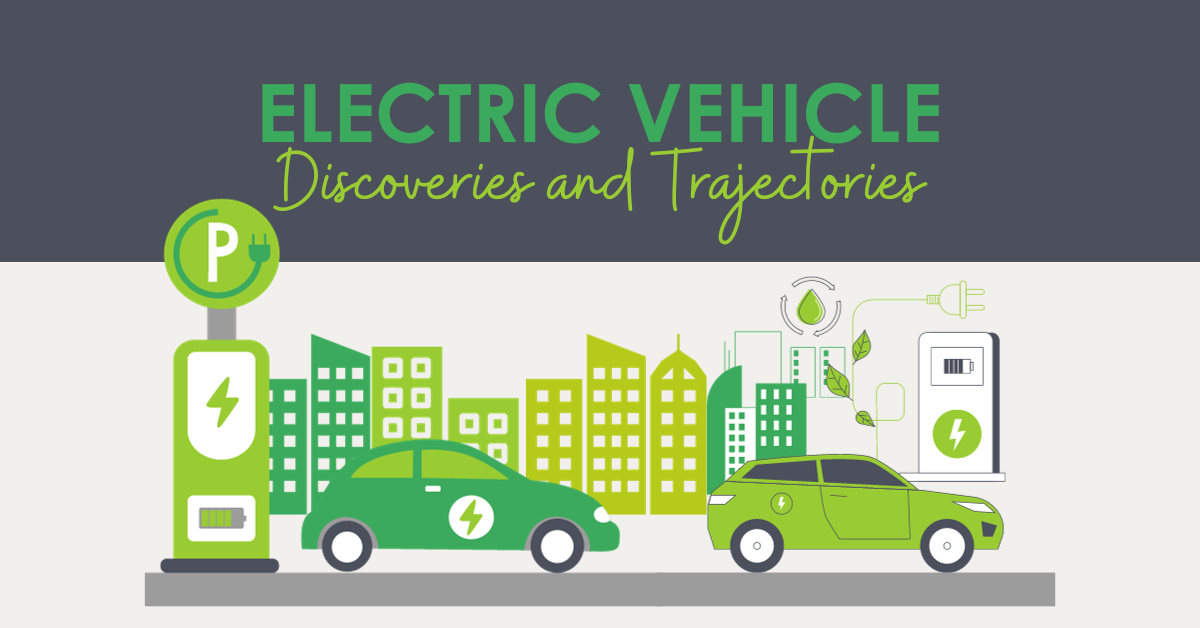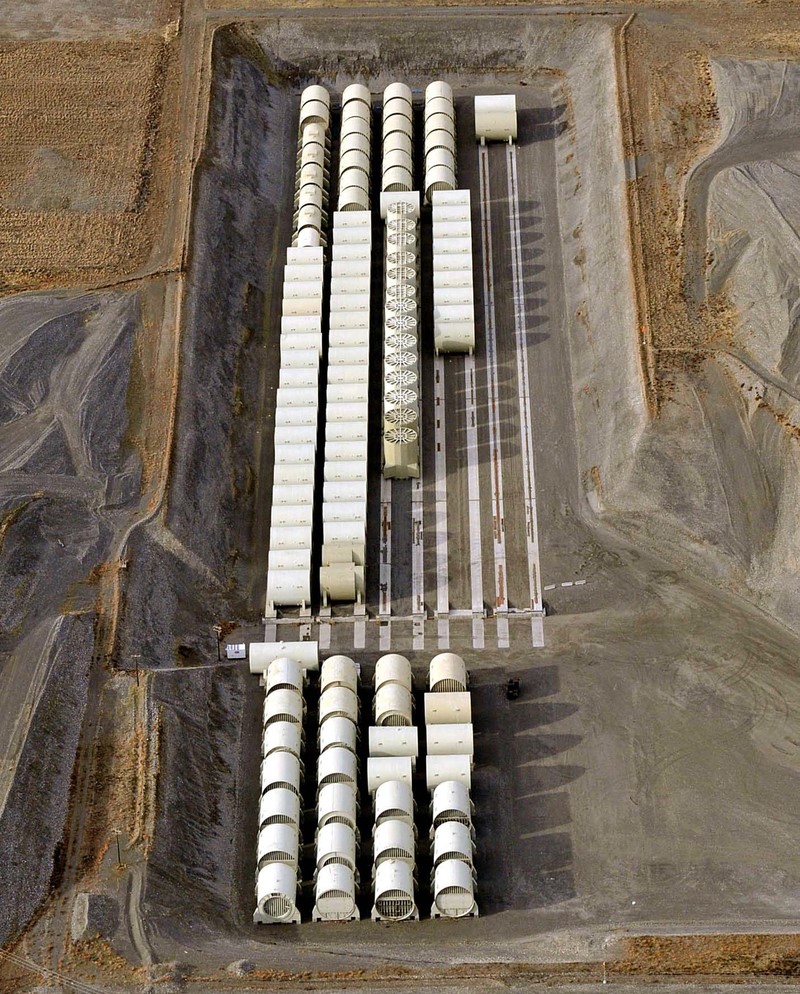
The depth of decarbonization will ride the line where the net of cost and convenience meets that of conventional alternatives. Polling from the University of Chicago indicates 38% of Americans are willing to chip in one (1) dollar per month to fight climate change, down fourteen percentage points from 2021 (presumably, that 14% are willing to pay nothing now). Or, as one Wall Street Journal article noted in November, “Someone has to pay for it, and shareholders and consumers decided this year it wouldn’t be them.” For instance, I like to cut, split, stack, haul, and burn wood for heat. It must burn hot…
Read More







